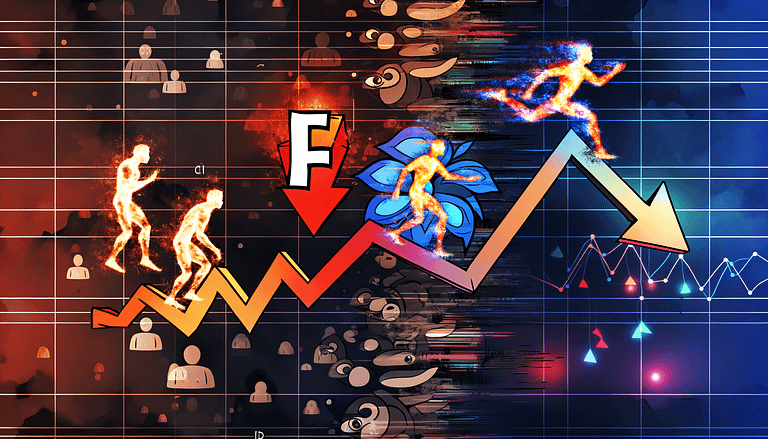Logan Paul Sues YouTuber Over CryptoZoo Scam Claims
In A Nutshell
Influencer Logan Paul has initiated a legal battle against Stephen Findeisen, known as Coffeezilla on YouTube, over videos that criticized Paul’s NFT project, CryptoZoo. The lawsuit, filed in a Texas District Court, accuses Findeisen of defamation, alleging he made false claims that damaged Paul’s reputation by labeling the CryptoZoo project as a scam and accusing Paul of defrauding investors.
Background of the Dispute
CryptoZoo, an NFT venture launched by Logan Paul, aimed to create a blockchain-based game allowing players to buy, breed, and trade digital animals. However, the project faced significant hurdles and failed to deliver on its promises, leading to widespread criticism. Starting in late 2022, Coffeezilla released a series of videos alleging that CryptoZoo was “Logan Paul’s biggest scam,” accusing Paul of not fulfilling his commitments to NFT holders and engaging in fraudulent activities.
The Legal Accusations
Paul’s legal team argues that Coffeezilla’s accusations were not only false but also maliciously targeted to tarnish his image. They claim that Paul was sincerely committed to the project’s success but was misled by advisors who turned out to be fraudulent. The lawsuit particularly names Eduardo “Eddie” Ibanez and Jake Greenbaum as figures who deceived Paul and contributed to the project’s failure. Paul seeks damages exceeding $75,000, citing immense reputational harm and financial losses.
Paul’s Efforts and Previous Consideration for Legal Action
Despite the project’s shortcomings, Paul reportedly attempted to rectify the situation with a recovery plan, investing $1 million of his own money to buy back the NFTs without making any profit from the venture. Initially, Paul considered suing Findeisen in late 2022 but decided against it, hoping to focus on remedying the situation for investors. However, with the recovery efforts falling through, Paul has now taken legal action.
Our Take
The lawsuit between Logan Paul and Coffeezilla underscores the volatile nature of the NFT and crypto markets, where projects can quickly go from being the next big thing to facing allegations of fraud. It highlights the importance of transparency and accountability, especially for influencers venturing into these markets. Regardless of the legal outcome, this case serves as a cautionary tale for both investors and project creators in the blockchain space. It raises questions about due diligence, the responsibilities of influencers, and the potential pitfalls of emerging digital investment platforms.
While Paul’s attempt to make amends by buying back NFTs signals a commitment to his investors, it also points to the challenges of navigating the complex and often speculative world of cryptocurrency and NFTs. As the legal proceedings unfold, the crypto community will no doubt watch closely, hoping for clarity and justice in a situation that has left many feeling betrayed.
The outcome of this lawsuit could set a precedent for how conflicts involving NFT projects and public figures are resolved, potentially leading to more stringent measures to protect investors and ensure project viability in the future.







